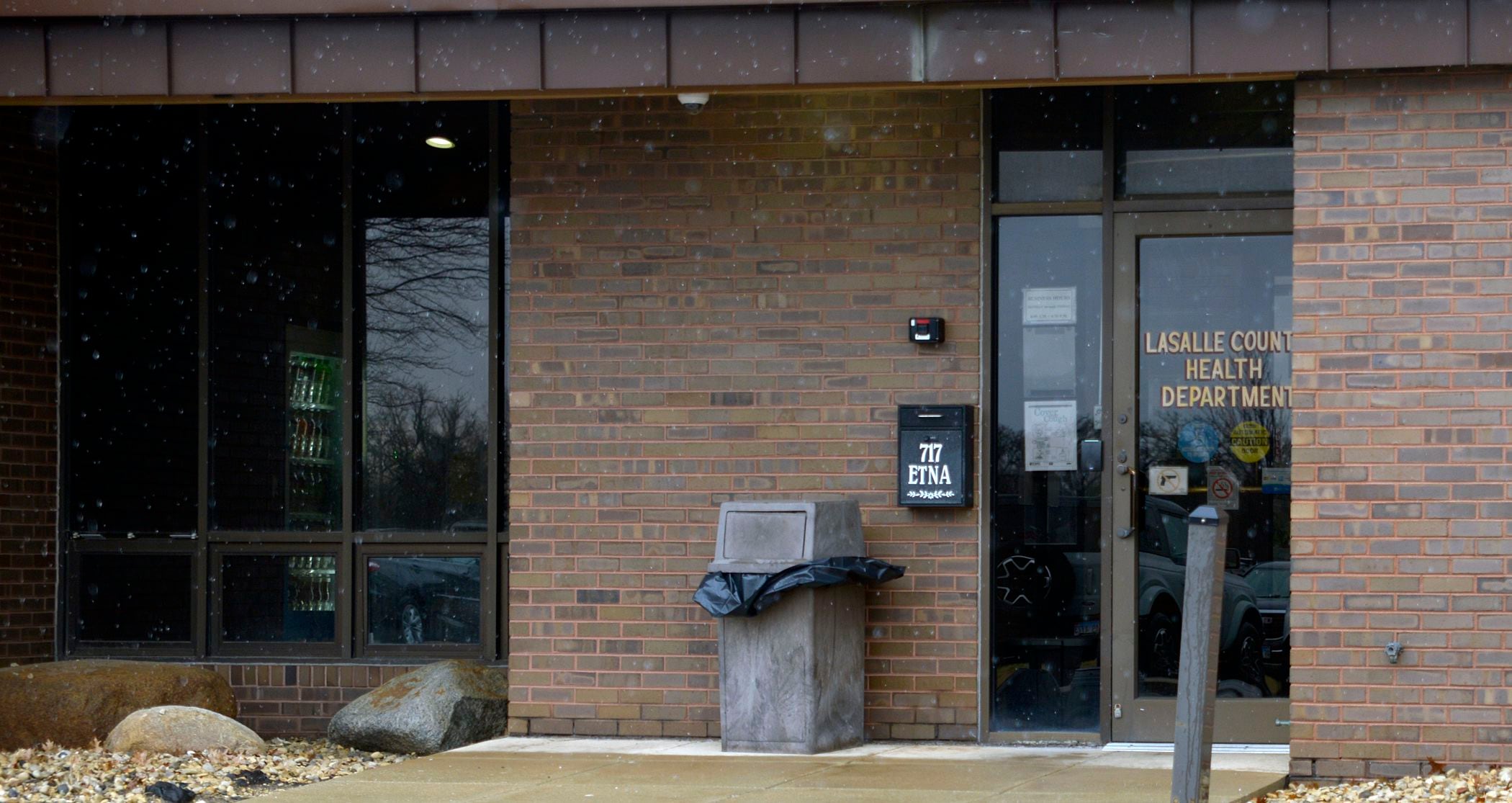Travelers who require medications and supplements to fend off attacks and manage chronic symptoms may face a moment of uncertainty while packing , pondering if they can bring pills, liquids or injectables on a plane or if traveling with prescription drugs is allowed through security . For individuals reliant on prescribed treatments to prevent distressing episodes and safely control symptoms, it's not a mere choice to leave their essential meds behind or stow them in checked baggage , as the lack of immediate access may result in discomfort or pose dangerous health risks. To get more clarity, some passengers turned to social media platforms.
"First time flyer here. Is it okay to bring Vitamin C gummies in a Ziploc bag in my carry on? The original bottle doesn't fit in my luggage and I'd rather know up front," a Reddit user asked, seeking advice from fellow travelers. One response from the Reddit community advised caution: "I'd say no because it doesn't have the regular bottle indicating that they are vitamins, so TSA might question it.

" Conversely, another member countered with: "But since you are just guessing, it isn't helpful and wrong information." Meanwhile, a third individual provided assurance: "Fine with TSA. If you're flying international customs might question them.
" Ian Cava, a manager at AskTSA, TSA's text message customer service line, broke down what is permitted onboard. Thankfully, in the U.S.
, according to TSA, passengers can take vitamins, prescription and non-prescription medications on a plane. "Medications in pill form are allowed in both carry-on and checked bags, Cava said. He added: " Cava clarified.
He further advised: "It's highly recommended you place these items in your carry-on in the event that you need immediate access." Liquid and injectable medications, such as insulin, along with any necessary equipment - including unused syringes and insulated coolers or ice packs for temperature-sensitive medications like Ozempic - are also allowed in "reasonable quantities" suitable for the duration of your journey. "You may bring medically necessary liquids in carry-on bags," Cava stated.
This means passengers won't have to give up any space in their TSA-approved quart-sized liquids bag. Cava explained that medical liquids, including medical accessories such as freezer packs and IV bags, can be carried in reasonable quantities that exceed the 3.4-ounce limit and they do not need to be packed in a quart-sized bag.
Travelers must declare these items when going through security, and the TSA may require additional screening. Therefore, it's a good idea to arrive early and allow extra time for this process. Laws differ from state to state and country to country, so to avoid any medicine-related issues—whether at airport security, on the flight, or during your travels—it's smart to do your homework well in advance.
"If you're traveling internationally, we advise reaching out to the State Department and/or the Centers for Disease Control (CDC) for guidance on traveling with medications," Cava suggested. DAILY NEWSLETTER: Sign up here to get the latest news and updates from the Mirror US straight to your inbox with our FREE newsletter..
Top

TSA's answers to common question about traveling with certain supplement

Many people need to fly with medications, but it can be confusing to know what you can and can't take with you - so the TSA has shared some helpful guidance











